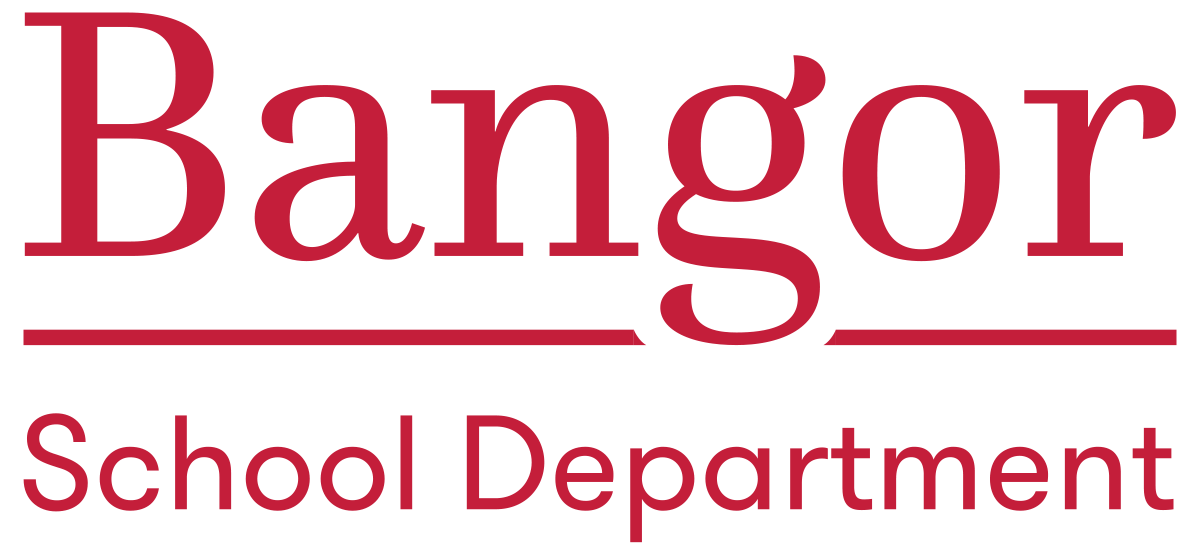Achievement Profile
Strengthening Achievement: The Bangor School Department Assessment System
Bangor students continue to achieve at high levels
The Bangor School Department’s effective use of assessment data has been a primary driver in the sustained high student achievement levels K-12. Long before state and federal accountability mandates, the systematic process of collecting and analyzing multiple sources of data to inform instruction and to improve the instructional program was foundational practice in each of our schools. Consistently, Bangor students outperform their peers at both the state and national level often at statistically significant levels on a variety of measures while continuing to demonstrate high levels of learning on locally designed assessments. With a matriculation rate of 88.7 percent for Bangor High School graduating seniors, with 78.1 percent pursuing post-secondary education, with Bangor earning the Standard and Poor’s Outperformer Award and with three schools recognized as a National Blue Ribbon School of Excellence (Bangor High School 2001, James F. Doughty School 2010, and Fourteenth Street School 2017) by the United States Department of Education, Bangor’s core belief in the power of data to shape instruction continues to push learning for students to accelerated levels.
Bangor’s multi-tiered assessment system generates meaningful data when examined in the context of learning expectations, targets, and standards. This information is invaluable to our understanding of the effectiveness of various assessment measures and the strength and capacity of our instructional program.
National Assessment: Scholastic Aptitude Test (SAT)
In accordance with Maine law, all third year high school students at Bangor High sit for the administration of the Scholastic Aptitude Test (SAT) to measure college and career readiness. Bangor High School leadership along with faculty review and analyze the data including trends in the data to ensure curriculum design, instructional practice, and individualized student planning provide students with a continuous growth model for learning aligned to college and career readiness standards and consistent with high expectations of performance.
National Assessment: Scholastic Reading Inventory (SRI)
A computer-adaptive assessment measuring students’ comprehension of literature and expository texts, the SRI is administered to students in grades 4-8 as a diagnostic instrument. Results are reported for individual students in scaled scores (Lexiles) reflecting the difficulty of the passages and questions to which the student responded.
State Assessment: Maine Educational Assessment (MEA)
In December 2015, Maine formalized an agreement with Measured Progress for the administration in grades 3-8 of the MEA assessing student performance in mathematics, reading, and science. The MEA measures student progress in satisfying the standards defined in the Maine Learning Results (MLRs) and serves as Maine’s achievement certification of the MLRs.
Administration of the MEA is required of all 4-8 public schools in the spring and schools are required to test a minimum of 95 percent of their student population.
Third year high school students to certify achievement of the science standards are administered the MEA in the spring.
Local Assessment
The Bangor School Department continues to glean valued data from locally administered assessments of student learning and achievement. Supporting the emphasis on literacy development in K-5, the core literacy experience ReadyGen along with the Fountas & Pinnell Benchmark Assessment System provide foundational data sources to ensure purposeful literacy instruction and assessment consistent with the best practice. The implementation in 2015 of enVision Math 2.0 in K-5 stretches student development in all areas of math including reasoning and number sense and offers students a pathway to Algebra I or Pre-algebra at the middle level ensuring readiness to engage the math competencies required under Maine’s new high school diploma law effective with the Class of 2019.
A variety of assessments in grades 6-12 in writing, reading, social studies, and science where students apply analytical and critical thinking to their learning reinforce Bangor’s belief in the power of a liberal arts experience for all students. Our sophisticated local assessment practices and instruments during a period of change at the state and national levels have allowed for consistent sources of data that continue to be essential in supporting and planning instructional programs.
